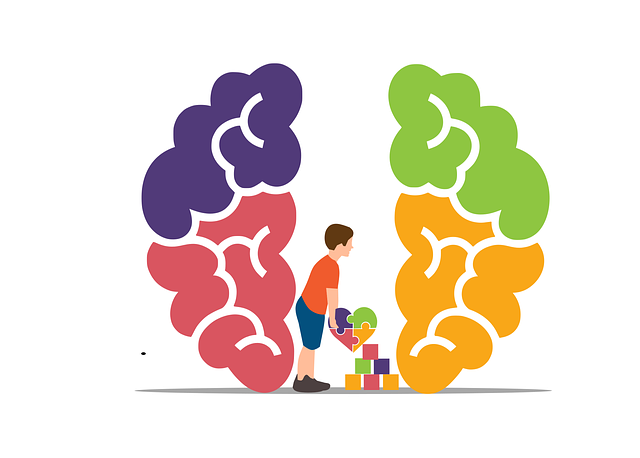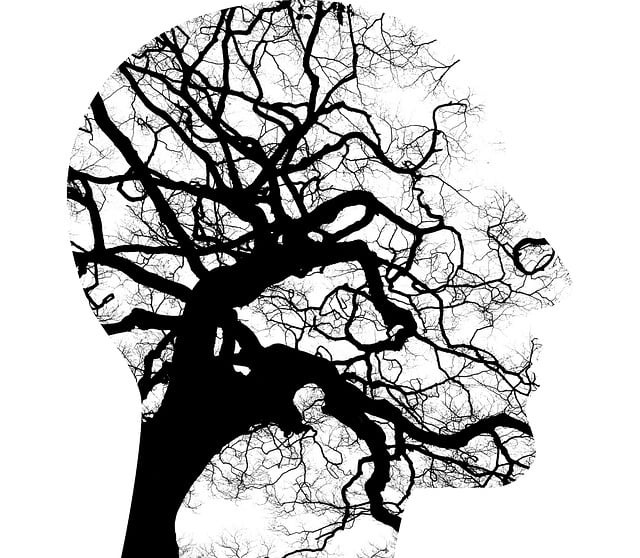Risk assessment is critical for delivering safe and effective therapy for adults speaking French, focusing on identifying and mitigating potential hazards within the therapeutic environment. By addressing cultural, social, and linguistic barriers, this approach ensures a secure space for emotional healing. Tailored strategies include community outreach programs, multilingual services, affordable therapy options, and partnerships with cultural organizations. Continuous evaluation, adaptation, crisis intervention guidance, and anxiety relief techniques further enhance the effectiveness of therapy for adults French speaking, fostering long-term mental wellness.
In the realm of therapy, risk assessment and harm minimization are cornerstone practices ensuring safety for adult French-speaking populations. This comprehensive guide delves into the critical components of understanding risk assessment, identifying unique challenges in this demographic, and developing robust harm minimization plans. We explore effective strategies for implementation and continuous evaluation, providing essential tools for professionals delivering therapy to diverse adult clients who speak French.
- Understanding Risk Assessment: A Cornerstone of Safe Therapy Practices
- Identifying Potential Risks and Harms in Adult French-Speaking Populations
- Developing a Comprehensive Harm Minimization Plan
- Implementing Strategies for Effective Risk Management
- Continuous Evaluation and Adaptation: Ensuring Long-Term Safety in Therapy
Understanding Risk Assessment: A Cornerstone of Safe Therapy Practices

Risk assessment is a fundamental aspect of ensuring safe and effective therapy practices for adults speaking French. It involves meticulously evaluating potential hazards within the therapeutic environment and identifying strategies to mitigate those risks, thereby fostering a secure space for emotional healing processes. By thoroughly assessing each client’s unique circumstances, therapists can tailor interventions aimed at enhancing mental wellness and overall well-being.
Integrating risk assessment into therapy goes beyond individual cases; it contributes to the development of robust community outreach program implementations. Through proactive harm minimization planning, therapists can anticipate and address risks that may impact not only clients but also the broader community. This holistic approach ensures that therapy for adults speaking French is accessible and safe, promoting positive mental health outcomes and fostering a supportive environment where emotional healing can thrive.
Identifying Potential Risks and Harms in Adult French-Speaking Populations

Identifying potential risks and harms within adult French-speaking populations is a critical step in developing effective harm minimization strategies. This process involves a thorough examination of various aspects unique to this demographic, including cultural, social, and linguistic factors that may impact mental health and well-being. For instance, access to therapy for adults speaking French might be limited in certain regions, hindering their ability to seek support for issues such as anxiety or trauma. Additionally, cultural norms and taboos surrounding emotional expression can influence individuals’ willingness to participate in therapeutic practices.
Emotional regulation and healing processes are essential considerations when addressing risks in this population. Many French-speaking adults may face challenges related to acculturation, migration, or historical traumas, which can lead to complex emotional states. Stress management workshops and organizational interventions tailored to their linguistic and cultural needs can play a pivotal role in empowering individuals with coping mechanisms. By incorporating these strategies into harm minimization planning, service providers can ensure more inclusive and effective support for adult French-speaking populations.
Developing a Comprehensive Harm Minimization Plan

Developing a Comprehensive Harm Minimization Plan involves a strategic approach tailored to address potential risks and promote mental wellness in French-speaking adult populations. This process begins with thorough risk assessment, identifying factors unique to this demographic, such as cultural barriers, access to healthcare, and specific social challenges. By understanding these nuances, professionals can design targeted interventions that foster resilience building within the community.
A robust plan incorporates various strategies, including a Community Outreach Program Implementation aimed at increasing accessibility to therapy for adults speaking French. This may involve establishing multilingual services, offering low-cost or sliding-scale options, and partnering with cultural organizations to create safe, inclusive spaces for mental health support. Through such initiatives, the goal is to minimize harm and empower individuals to navigate their mental health journeys effectively.
Implementing Strategies for Effective Risk Management

Implementing effective risk management strategies is paramount in ensuring a safe and supportive environment, especially within healthcare settings catering to French-speaking adults. A multifaceted approach can significantly mitigate potential risks and promote harm minimization. One key strategy involves incorporating specialized therapy programs tailored for this linguistic group. For instance, offering Therapy for Adults French Speaking can address unique challenges faced by individuals who may struggle with language barriers or cultural nuances when accessing traditional care.
Additionally, integrating Social Skills Training and Burnout Prevention Strategies for Healthcare Providers is invaluable. Such initiatives foster a culture of resilience and emotional well-being among staff, which in turn positively impacts patient outcomes. By prioritizing Depression Prevention through proactive interventions and continuous support, healthcare providers can create an environment that not only manages risks but also nurtures recovery and overall mental health.
Continuous Evaluation and Adaptation: Ensuring Long-Term Safety in Therapy

In the dynamic field of therapy for adults speaking French, continuous evaluation and adaptation are paramount to ensuring long-term safety and effectiveness. The process involves regularly assessing clients’ progress, environmental factors, and emerging trends in mental health. By integrating this data into their practice, therapists can adjust treatment plans accordingly, catering to the evolving needs of their patients. This proactive approach not only enhances the overall therapeutic experience but also facilitates better outcomes.
Moreover, crisis intervention guidance plays a crucial role in managing acute situations and providing immediate support. In conjunction with regular evaluations, anxiety relief strategies and stress management workshops organized by organizations catering to French-speaking adults can contribute significantly to fostering resilience and coping mechanisms. Such initiatives ensure that clients not only receive targeted therapy but also gain valuable tools for navigating life’s challenges, ultimately promoting their well-being in the long run.
Risk assessment and harm minimization planning are indispensable elements for ensuring safe and effective therapy for adults speaking French. By understanding risk assessment as a cornerstone of therapeutic practices, identifying potential risks specific to French-speaking populations, and developing comprehensive strategies for harm minimization, therapists can create robust plans that mitigate risks and promote positive outcomes. Continuous evaluation and adaptation are crucial for maintaining long-term safety, ensuring that therapy remains responsive to the evolving needs of these diverse individuals.














